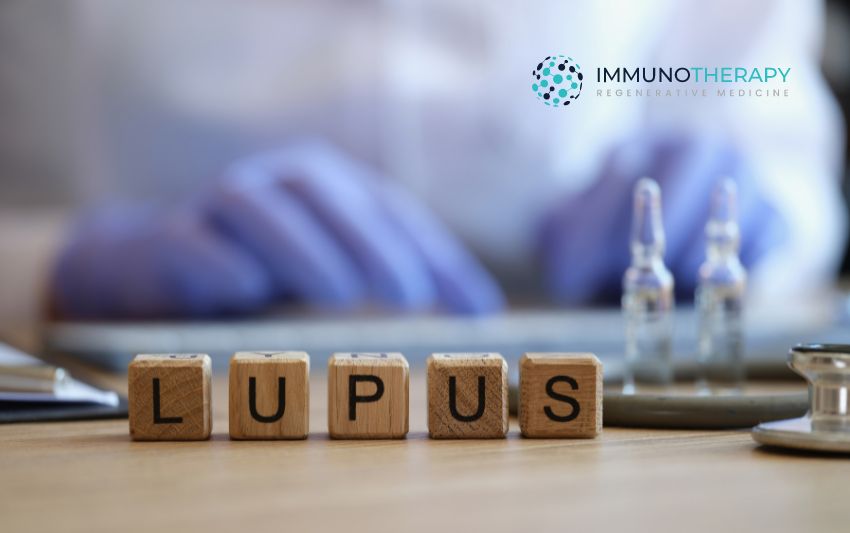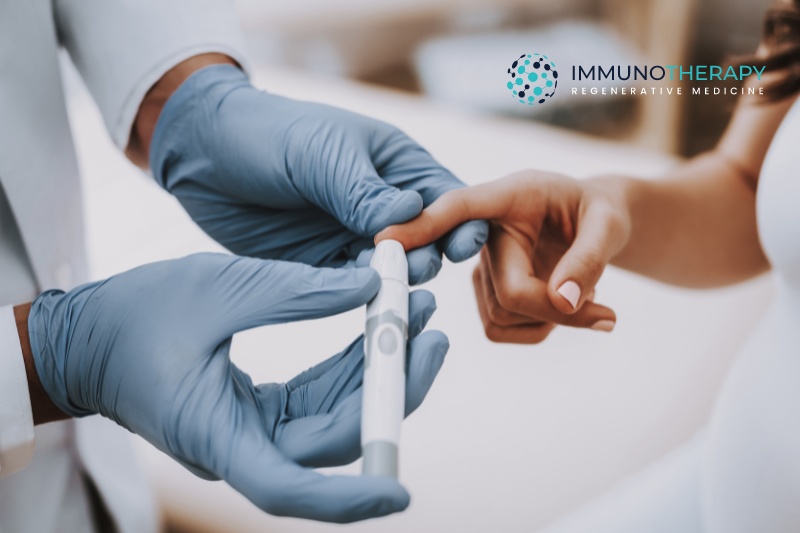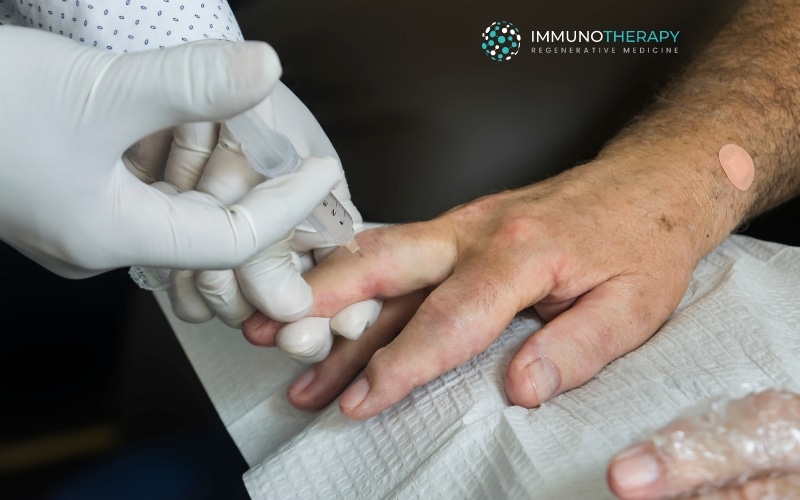Therapy with Stem-Cells for Heart Failure: A Regenerative Future
Heart failure remains a leading cause of morbidity and mortality worldwide, posing a persistent challenge to the medical community. Despite significant advances in pharmacological treatments and medical devices, many individuals are unable to fully recover their heart’s functionality. This is where stem-cell therapy emerges as a beacon of hope.
The Potential of Stem-Cells in Heart Regeneration
Stem-cells hold immense potential for regenerating damaged heart tissue, offering a promising alternative to traditional treatments. Regenerative medicine is gaining attention for its ability to restore the structure and function of damaged tissues and organs. In heart failure, stem-cells possess the unique ability to self-renew and differentiate into various cell types, including heart cells.
Heart Repairing Treatment with Stem-Cells
Stem-cell therapy for heart failure aims to repair damaged heart tissue through the generation of new heart cells (myocytes) and blood vessels, thereby improving vascularization and heart function.
Stem-Cell Treatment for Low Ejection Fraction
A common symptom in heart failure patients is low ejection fraction, indicating the amount of blood pumped by the heart with each beat. Stem-cell therapy shows promising potential to improve ejection fraction by regenerating damaged heart tissue.
Can Stem-Cells Treat Heart Conditions?
Stem-cells are intensively researched as a potential treatment for heart conditions due to their ability to regenerate and repair damaged tissues. Early clinical studies have shown promising results in improving heart function and patients’ quality of life.
Congestive Heart Failure Stem-Cell Treatment
Congestive Heart Failure (CHF) occurs when the heart can’t pump enough blood to meet the body’s needs. Stem-cell treatment for CHF focuses on using cells to repair and replace damaged heart tissue, thereby improving heart function.
Overview of Cardiac Disease and Current Treatment Options
Heart conditions range from coronary diseases to heart failure and myocarditis. Current treatments include medications, lifestyle changes, medical devices, and, in severe cases, heart transplants. However, these options may have limitations and side effects, highlighting the need for more effective and sustainable therapeutic approaches, such as stem-cell therapy.
Acute Myocardial Infarction and Congestive Heart Failure Treatments
Current treatments for Acute Myocardial Infarction and Congestive Heart Failure involve a combination of medications, revascularization procedures, and, in extreme cases, ventricular assistance devices or heart transplants. These treatments aim to address symptoms and prevent complications but can’t repair damaged heart tissue.
The Promise of Stem-Cells for Heart Failure
Stem-cell therapies are opening new horizons in heart condition treatments, offering a possibility for actual recovery instead of merely managing symptoms. With their potential to regenerate damaged tissue and organs, stem-cells are at the forefront of the next revolution in cardiovascular medicine.
Benefits of MSCs in Coronary Artery Surgery
Mesenchymal stem cells (MSCs) have anti-inflammatory, angiogenic, and anti-fibrotic properties, making them particularly beneficial in coronary artery surgery. They may promote the repair of heart tissue and improve heart function following an ischemic event.
Understanding Stem-Cells
Stem-cells are basic cells capable of turning into various cell types in the body. They possess the unique ability to self-renew and differentiate into specialized cells, including heart muscle cells or blood cells.
Adult Stem-Cell Therapy Process for Heart Disease
Adult stem-cell therapy typically involves extracting stem-cells from the patient’s bone marrow or adipose tissue. These cells are cultured and multiplied in a lab before being reintroduced into the patient’s body, where they promote repair and regeneration.
Types of Stem-Cells Used in Cardiac Regeneration
Various stem-cell types are used for heart regeneration, including Embryonic Stem Cells (ESCs), Mesenchymal Stem Cells (MSCs), and Induced Pluripotent Stem Cells (iPSCs).
How Stem-Cells Regenerate Cardiac Tissue
Stem-cells regenerate heart tissue through differentiation into heart and vascular cells, releasing paracrine factors, and stimulating repair by recruiting local progenitor cells.
Potential Benefits of Stem-Cells in Cardiac Regeneration
Benefits include improved ventricular function, reduced infarction size, new myocardial and vascular tissue generation, and reduced post-infarction dysrhythmia incidence.
Are You a Candidate for Stem-Cell Therapy?
Not every heart condition patient is suitable for stem-cell therapy. It’s important to consult a specialist to determine if you’re a suitable candidate based on your specific condition and medical history.
Challenges and Limitations in Using Stem-Cells for Cardiac Regeneration
Despite potential, stem-cell therapy faces challenges like cell delivery and survival in the heart, patient response variability, and the need for long-term clinical studies to validate safety and efficacy.
Heart Disease Prevention Using Clinical Trial Data
Clinical trial data on stem-cell therapy for heart conditions have been promising, albeit mixed. Some studies show significant improvements in heart function, while others report more moderate results.
Ready to Get Started with Stem-Cell Therapy?
If you suffer from heart failure or another heart condition and conventional treatments haven’t been successful, stem-cell therapy might be an option. Contact a stem-cell therapy specialist to discuss your case and explore this innovative treatment option.
Conclusion
Stem-cell therapy represents one of the most promising areas of regenerative medicine, with potential to revolutionize treatments for heart failure and other heart conditions. While challenges exist, continuous advances in research and technology are opening new doors for heart condition sufferers.





